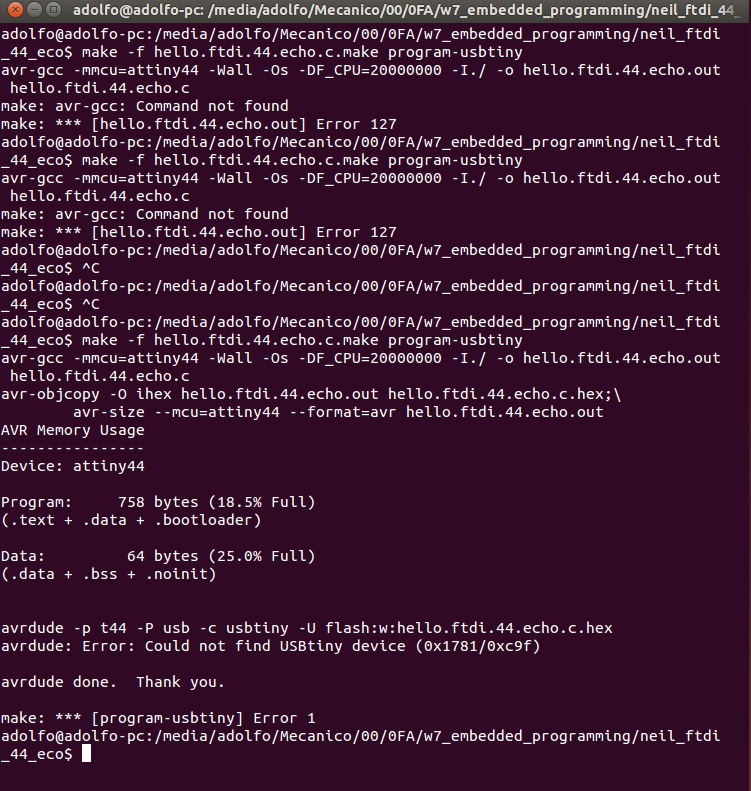

- Open terminal ubuntu as superuser full#
- Open terminal ubuntu as superuser password#
- Open terminal ubuntu as superuser free#
To allow members of group wheel sudo access: To allow a user to run all commands as any user but only on the machine with hostname HOST_NAME:
Open terminal ubuntu as superuser full#
To allow a user to gain full root privileges when they precede a command with sudo, add the following line: # Set default EDITOR to restricted version of nano, and do not allow visudo to use EDITOR/VISUAL.ĭefaults editor=/usr/bin/rnano, !env_editor To change the editor of choice permanently system-wide only for visudo, add the following to /etc/sudoers (assuming nano is your preferred editor): To change the editor permanently, see Environment variables#Per user. This might come in handy in case you want to circumvent locking the file with visudo. To establish nano as the visudo editor for the duration of the current shell session, export EDITOR=nano to use a different editor just once simply set the variable before calling visudo:Īlternatively you may edit a copy of the /etc/sudoers file and check it using visudo -c /copy/of/sudoers. The sudo package is compiled with -with-env-editor and honors the use of the SUDO_EDITOR, VISUAL and EDITOR variables. visudo(8) warns that configuring visudo to honor the user environment variables for their editor of choice may be a security hole, since it allows the user with visudo privileges to run arbitrary commands as root without logging simply by setting that variable to something else.Always edit it with visudo to prevent errors.
Open terminal ubuntu as superuser free#
Open terminal ubuntu as superuser password#
I don't want to log in as root all the time for security reasons while online, but I also like not having to enter username and password every time I open the computer at home. I don't want to have to create multiple logins for this system. I have found numerous things to try, but the most promising (and simple) approaches require editing what amounts to an ini file. When I plug in headphones under Ubuntu the main speakers stay on. The last hardware hurdle this time is sound.

I am able to get the wireless network running, which I was never able to do before (actually, I couldn't get any networking to function before) so right there is a huge, encouraging improvement. I have attempted to use various forms of Linux (including Ubuntu) in the past and been very frustrated. The source of the problem is that I am running the latest version from a USB drive and having a sound problem.


 0 kommentar(er)
0 kommentar(er)
